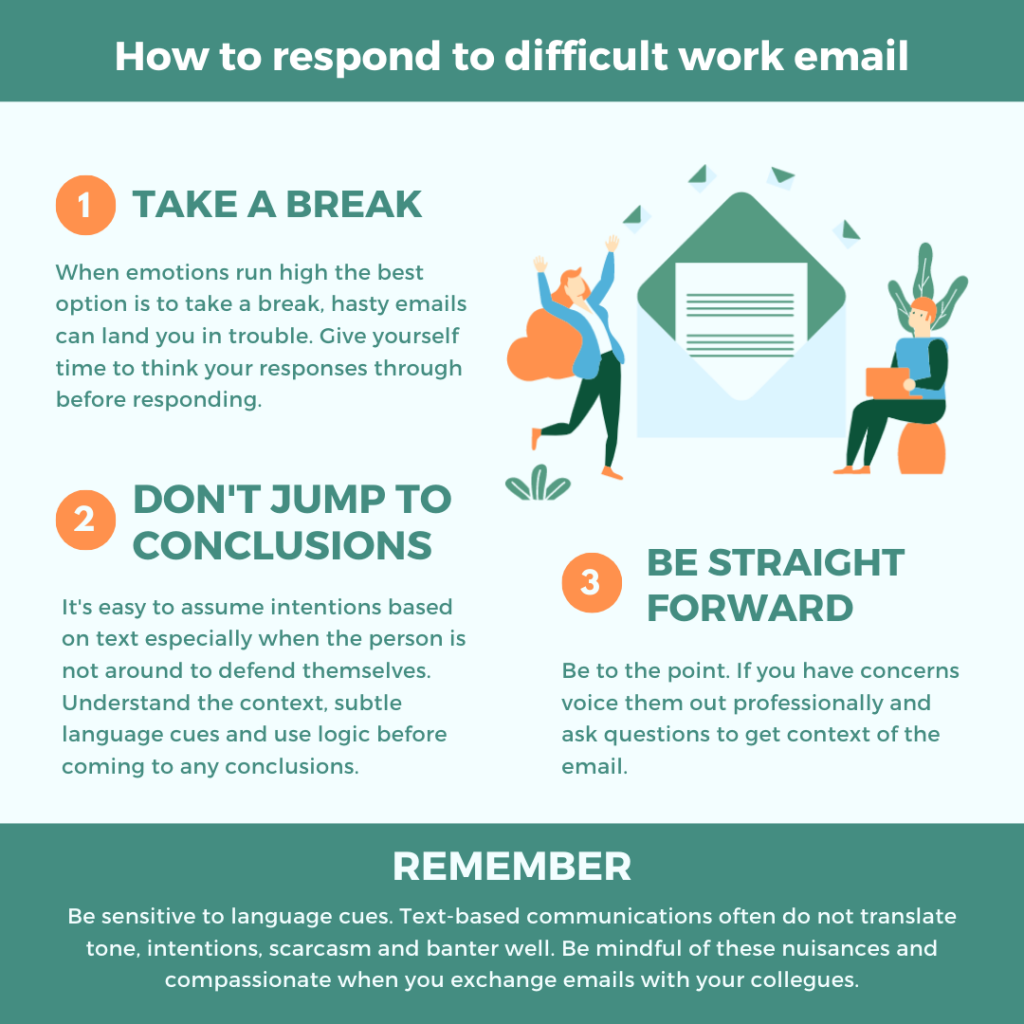
Working from home during pandemic can be difficult and distracting, the tips below help with effective communication during Covid-19. Source (Unsplash.com)
The world is hit by a pandemic, almost surreal, mirroring the eerie shots of end of the world movies where everything is vacant, including the offices. The recent global pandemic caused by Covid-19 is nothing like the world has experienced before, it has forced people to leave their day to day life and get cooped up inside their homes. The daily routine of commute, work, after hours fun has been abruptly cut short. Covid-19 has made its presence working world known. As the pandemic spread, all working individuals in the impacted areas experienced a similar chain of events, a sense of panic of what next and most likely an email from HR urging all the people to work from home until further notice.
Now, working from home is not a strange concept. Over the past decade the increasing numbers of employers have used “work from home” as an incentive to attract a creative, busy, often democratic workforce. Bigger companies like PWC have jumped on this new shift as well, aiming to give employees flexibility and cut overhead costs resulting from mandatory office support. But this shift was a gradual choice, not an official mandate from the government. The pandemic caused by Covid-19 forced many employers to enforce work from home, strictly and abruptly. The unprecedented change caused discomfort and distress for both employers and employees. This change however can be managed, with some key practices business may be able to strengthen their work from home practices and eventually overcome the restraints put by Covid-19.
In this article we touch on the important elements of communication, both explicit and implicit. We uncover the importance of sound communication at a time like this, discuss practices that will help employers reach effective communication during their work from home practice.
Explicit Knowledge exchange and communication that occur in a workforce are often contextual. It deals with exchange of formal emails, work messages, memos. Revolving around delegating tasks, analyzing results and discussions. These kinds of conversations while direct can result in conflict, misunderstanding without face to face exchanges accompanying it. As workers then it becomes responsibility of the individual and the organization to use practices that strengthen explicit knowledge exchanges, some of such practices are listed below:
Combine Different Communication Tools
Every form of communication has a drawback, for example audio based communication tools cannot engage the participants as effectively as video based tools can. Ford suggests 78% of senior executives prefer videoconferencing when communicating as it drives up engagement and builds trust. While audio based communication may support antics like poor connection better, experts suggest that companies ought to use video conferencing as a means of collaboration as it somewhat closes the distance through face to face interaction. Furthermore, video conferences prove to be more engaging as you have to maintain eye contact, this disrupts tendencies to get distracted or multitask during conversations.
An effective practice at this time, where long weeks of working from home is being practiced is using a mix of text based, audio based and video based communication tools become imperative for better flow of work tasks and coordination.
Do Not Overcompensate
After reading the first point this one might feel a tad counter intuitive especially when all the workforce is home and you need to communicate. However, excessive and constant use of communicative tools can actually worsen the situation. While communicative tools improve collaboration it could even be a hindrance if not used properly. Employers and employees may overcompensate the lack of face to face communication with excessive use of communicative tools. This can distort the work flow and be a cause of distraction.

Overcompensating with over communication: Source (Unsplash.com)
Understanding the communicative needs of the business becomes imperative here. According to the Chief People Officer at Western Union, the company practices constant check ins through email, updates and video conferencing to coordinate across their branches and manages the 24/7/365 business. But, the same communicative measures may not be required for business with specified job roles in smaller size organizations. Studies show that constant emails from the workplace is cause of stress for employees, suggesting that communicative tools need to be used in accordance to the need of the business, to accommodate and not overwhelm the workforce.
Educate Workforce On Language Cues

How to respond to difficult work email. (Graphics from Graphicmaker)
Dynamics between office mates can be complex, you spend a great deal of time with them coming up with solutions, working in a team which usually creates a strong bond and trust. As workmates become friends the styles of communication between them relaxes. This trust and friendliness is communicated well through face to face interactions. But, with online communication especially text based communication nuances like dry humour, sarcasm may be lost, the same things that were used as a form of banter through text can appear to be rude and unfriendly.
Therefore, as an organization educating workforce on language cues will help employees be mindful of their exchanges. This will mitigate the issues of misunderstanding resulting from written forms of communication, which brings us to reiterate the first point, the use of multiple communication tools to support holistic communications within the organization.
Practice Daily Check-ins
Coordination while working from home is perhaps the biggest challenge for an organization. With daily check in meetings companies can coordinate and communicate better. This will streamline the actions, divide workload equally among employees and help managers assess the effectiveness of the current work from home plan. These daily check ins can be short and involve the daily work updates by employees, while giving them a designated time slot to raise issues if any. This model is new for many companies, and in times of uncertainty and chaos knowing that your company is here to listen can greatly impact the team’s morale.
Team morale is a subject that is often forgotten when discussing work from home practice. Humans are social beings, and for many working at an office brings them a sense of belonging. Most people crave to be a part of the community which an office space provides. This belonging translates well into work as well, improving teamwork and collaboration. Hence, morale is as important to getting work done as it is for employees’ mental health. In fact, informal exchange of knowledge through water cooler or canteen conversations can bring as many insights as formal meetings can. The tips below prompt in opening these lines of communication while at home, in the absence of coffee and water breaks what can companies do to encourage such knowledge exchange?
Initiate Informal Channels of Communication
Using more informal channels like Whatsapp to check with the workforce keeps the communication flowing, a breach in communication at a time like this can cost a lot to a company. Using informal channels takes the pressure off, allowing the workforce to freely share their knowledge without hesitation. The exchange of tips and tricks deemed too trivial for formal communication channels can be shared in informal channels such as this one.
Online Team Building Exercises
Team building exercises online can be fruitful in taking the pressure off of employees, helping them relax a bit during an uncertain time. Many companies in the epicenter of the pandemic resorted to online activities to keep the morale of employees going. These included online karaoke, informal zoom meetings and open mic night. How does this impact communication? Knowing that a company cares about the workforce and its morale will help the employers open up and address issues faster. This form of exercise helps team members to bond which is rather difficult to do without face to face interactions.
Need support? Checkout our Free Covid-19 Support Infographics and social media posters for businesses here.
Read More
Learning new skill or improving your business? Check the following insightful blogs!
- How to Scale up Video Content Internationally
- What makes a great logo?
- A Handy Guide to Color Theory
- A Crash Course in Typography
